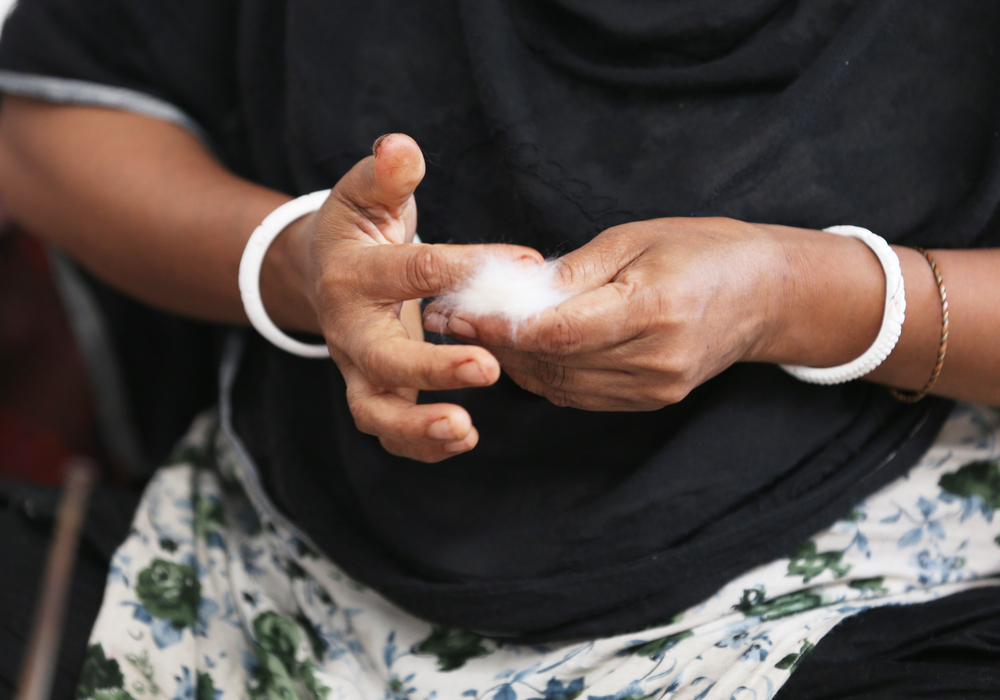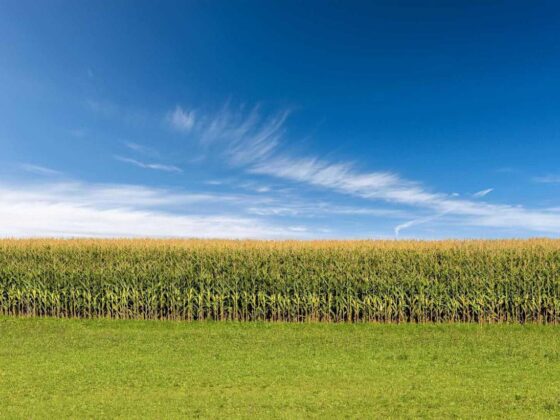Bangladesh wants to increase the scale of its cotton production. A new memorandum of understanding with a sustainable cotton sourcing platform aims to help.
This would be no easy lift: Cotton production in the South Asian nation remains relatively modest with 60,000 farmers growing the cash crop compared with neighboring India’s roughly 6 million. Because of the voracious demands of its textile sector, Bangladesh is the world’s second-largest importer of cotton after China.
More from Sourcing Journal
But a cooperative framework with CottonConnect that focuses on building a traceable, regenerative and climate-adapted supply chain could give Bangladeshi cotton a competitive leg up, said Md. Rezaul Amin, executive director of the Cotton Development Board, an agency under the Ministry of Agriculture responsible for promoting cotton cultivation through research and training. This would mean implement rigorous data collection systems from the farm level to the final product.
The idea, he said, is to help farmers create a better quality fiber that promotes a healthier ecosystem, fetches higher prices and improves working conditions.
“By focusing on farmer empowerment, climate resilience, technological innovation and market diversification, the MoU promises to benefit both producers and consumers while contributing to environmental stewardship,” Amin said in a statement. “Its emphasis on knowledge exchange, capacity building and joint projects positions it as a catalyst for long-term growth, improved farmer livelihoods and stronger global market presence for Bangladeshi cotton.”
Another goal of the agreement is to extend cotton’s use beyond traditional apparel, Bangladesh’s stock in trade, by exploring higher-value possibilities such as medical textiles and bio-composite materials. This could allow Bangladesh to diversify its export products, which are now heavily weighted toward basic, lower-margin garments such as T-shirts, sweaters and trousers.
“This collaboration is a major step forward in aligning Bangladesh’s cotton sector with global sustainability and quality benchmarks,” Alison Ward, CEO of CottonConnect, said in a statement. “By integrating cotton improvements with the country’s powerful garment industry, we are creating a future where Bangladeshi cotton is not only competitive but also ethically and environmentally sound.”
Bangladesh is projected to import 8.1 million bales of cotton in marketing year 2026, or 300,000 bales fewer than the previous year, due to lower global consumption forecasts, the U.S. Department of Agriculture wrote in a note earlier this month.













